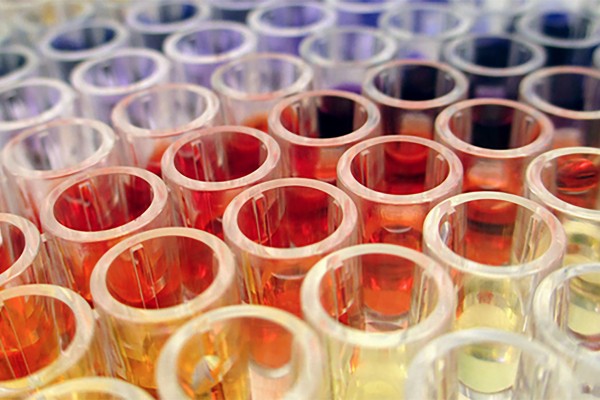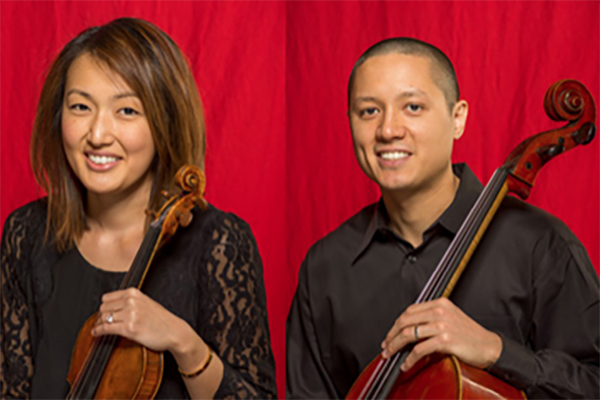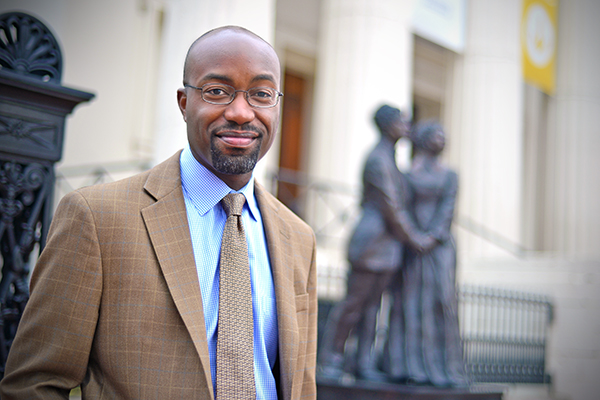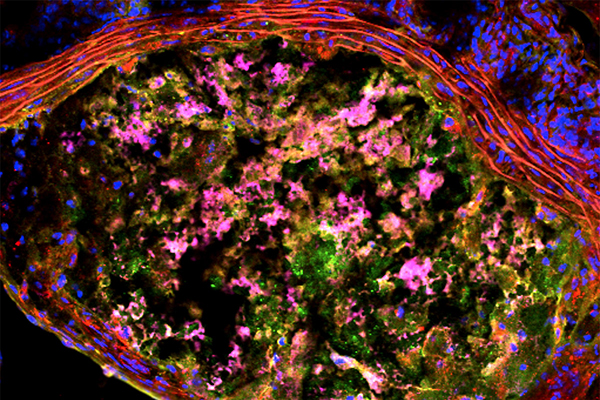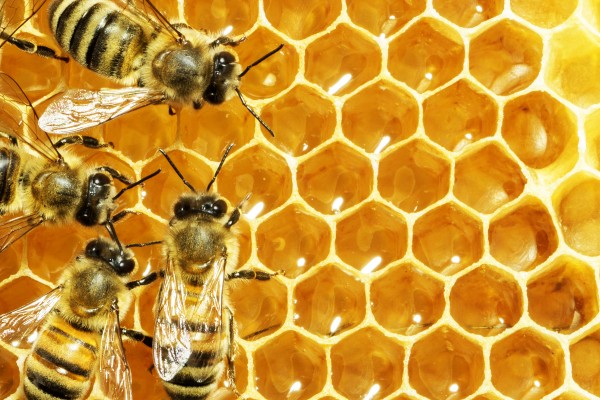Team develops wireless, dissolvable sensors to monitor brain
A team of neurosurgeons from the School of Medicine and engineers at the University of Illinois at Urbana-Champaign have developed wireless brain sensors that monitor intracranial pressure and temperature and then are absorbed by the body, negating the need for surgery to remove the devices.
WashU Expert: Supreme Court decision could challenge unions to fight for their existence
While an adverse ruling for unions would certainly be bad news for organized labor, the expected setback need not be as dire as some are predicting, suggests Jake Rosenfeld, a labor union expert.
Antibiotics: Thinking outside the vial
Given that antibiotics are losing effectiveness faster than we are finding replacements for them, chemist Timothy Wencewicz in Arts & Sciences at Washington University in St. Louis suggests a new approach. Drugs that hobble the production of virulence factors — small molecules that help bacteria to establish an infection in a host — would put much less selective pressure on bacteria and delay resistance.
DUC Chamber Series begins Jan. 20
The husband-and-wife team of violinist Joo Kim and cellist James Czyzewski will join pianist Patti Wolf to launch the Danforth University Center’s spring Chamber Music Series Jan. 20.
Poverty linked to childhood depression, changes in brain connectivity
Many negative consequences are linked to growing up poor, and researchers at Washington University St. Louis have identified one more: altered brain connectivity.
$60 million to study common diseases
The McDonnell Genome Institute at Washington University School of Medicine in St. Louis will receive $60 million from the National Institutes of Health (NIH) to study the genetics of common diseases, such as heart disease, diabetes, stroke, autism and epilepsy.
Celebrating the legacy of Martin Luther King
The 29th Annual Dr. Martin Luther King Jr. Commemorative Celebration at Washington University in St. Louis will recognize members of the St. Louis and university community who continue to advance King’s message through service and leadership. Jason Purnell, PhD, assistant professor at the Brown School, will deliver the keynote address at the event that begins at 7 p.m. Monday, Jan. 18, in Graham Chapel.
Atherosclerosis is Alzheimer’s disease of blood vessels, study suggests
Studying mice and tissue samples from the arteries of patients with atherosclerosis, researchers at Washington University School of Medicine in St. Louis suggest this plaque accumulation is driven, at least in part, by processes similar to the plaque formation implicated in brain diseases such Alzheimer’s and Parkinson’s.
2016-17 tuition, board and fees announced
Undergraduate tuition at Washington University in St. Louis will be $48,950 for the 2016-17 academic year — a $1,650 increase over the 2015-16 current academic tuition of $47,300, announced Amy B. Kweskin, vice chancellor for finance and chief financial officer. As with last year, when the percentage increase was the university’s lowest in 47 years, the percentage increase remains at 3.5 percent.
The secret life of bee genes
Genes inherited from mothers (matrigenes) and fathers (patrigenes) usually work harmoniously in the offspring. However, kin selection theory predicts these genes may be in conflict in interactions among relatives in which they are unequally represented (half-siblings). In honey bees, patrigenes are predicted to favor daughters that lay eggs themselves rather than remaining sterile and rearing their half-sisters’ offspring. An experimental test bears out this prediction.
View More Stories


